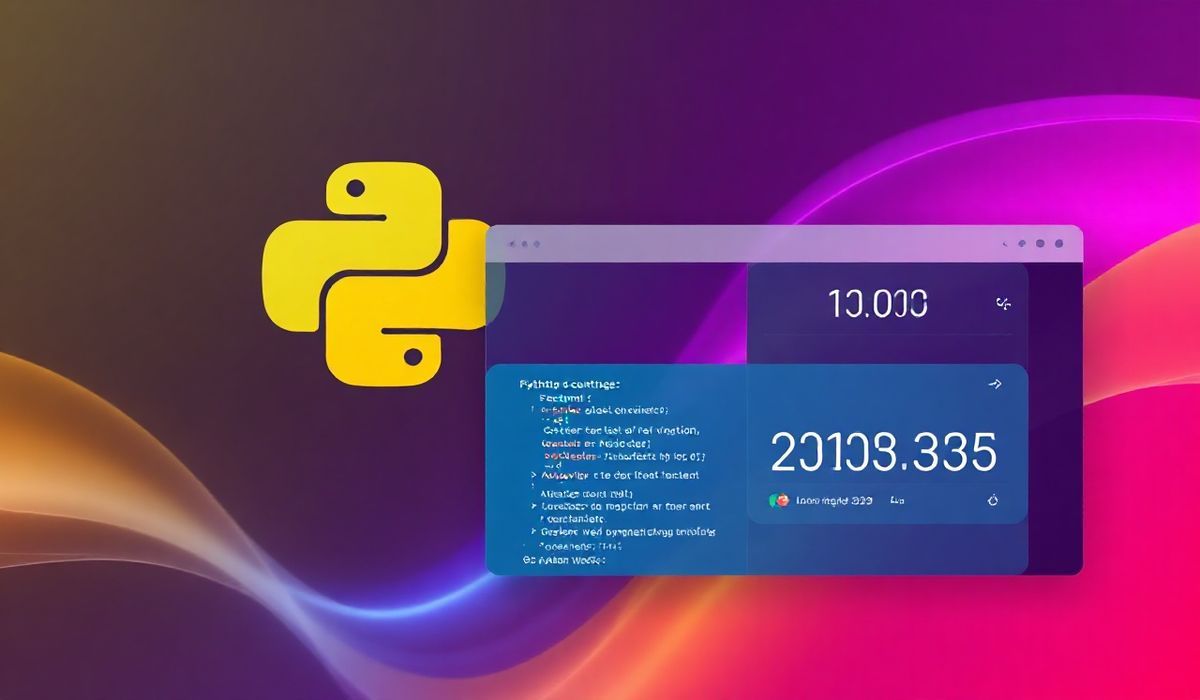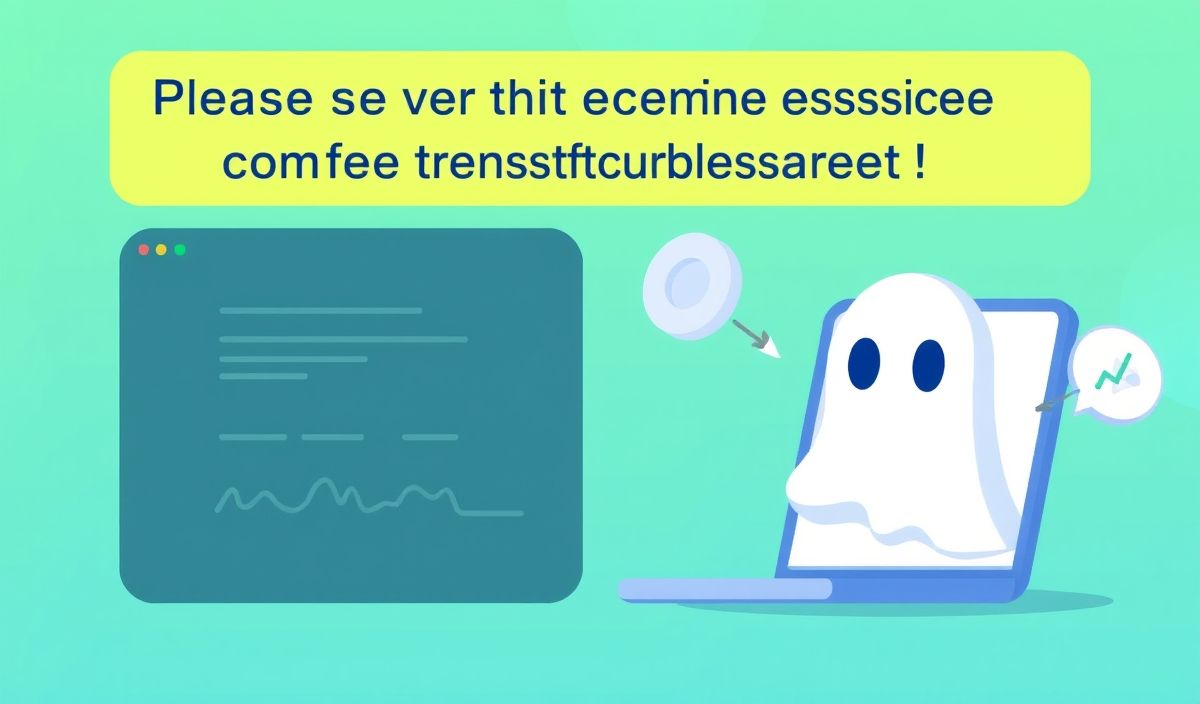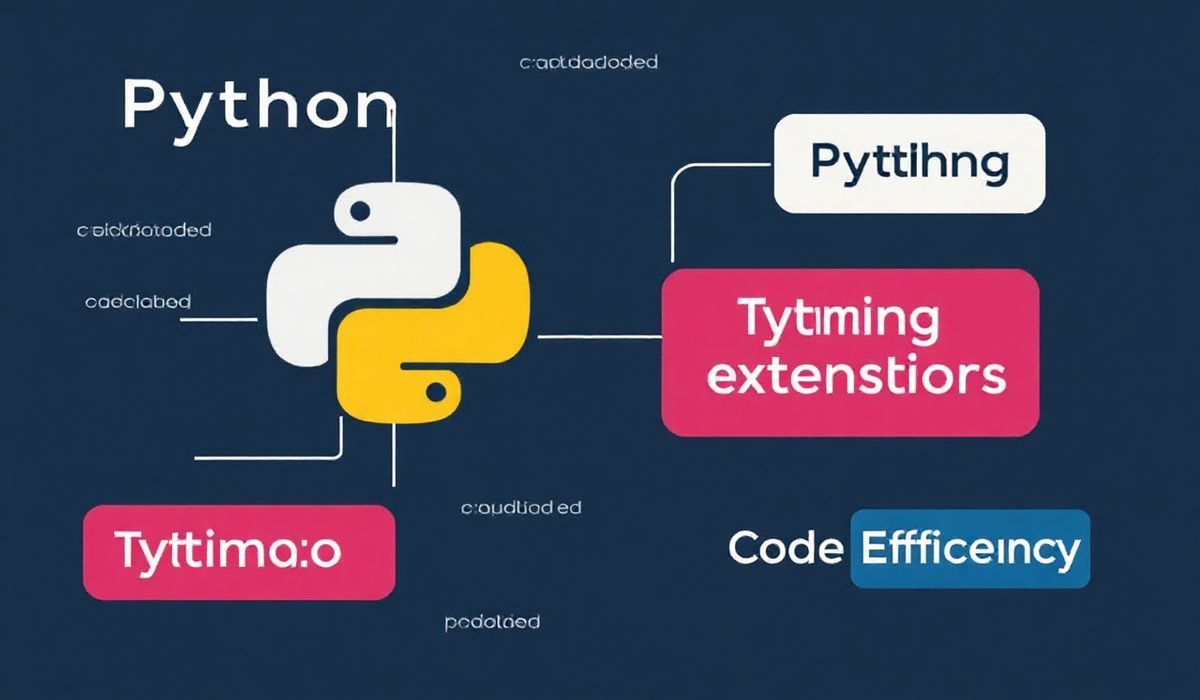Introduction to Lona
Lona is a cutting-edge Python-based web framework that excels in simplifying the creation of interactive web applications without relying heavily on JavaScript. By utilizing its server-side rendering approach and real-time communication features, Lona allows developers to build highly performant and user-friendly applications. In this comprehensive guide, we will explore its dozens of APIs, including examples, to highlight its capabilities.
Advantages of Using Lona
Lona focuses on:
- Server-side rendering for simplicity and control.
- Real-time user interactions with minimal latency.
- Seamless Python integration, making it ideal for Python developers.
Key Lona APIs with Examples
1. Setting Up a Lona Project
Start by creating a project and running your first Lona server.
lona startproject my_project cd my_project lona runserver
2. URL Routing API
Define Python views and connect them to URLs using Lona’s routing API.
# urls.py
from lona import route
@route('/')
def hello_world_view(request):
return 'Hello, World!'
3. Dynamic Page Updates
Update the content of the webpage in real-time without requiring a full page reload.
from lona.html import Div, Button
@route('/dynamic')
def dynamic_view(request):
click_counter = 0
div = Div('Button has been clicked 0 times')
def button_clicked():
nonlocal click_counter
click_counter += 1
div.set_text(f'Button has been clicked {click_counter} times')
return [div, Button('Click Me', handle_click=button_clicked)]
4. Real-Time Communication
Lona allows developers to build real-time apps effortlessly.
@route('/real-time')
async def real_time_view(request):
from asyncio import sleep
div = Div('Showing Real-Time Updates')
request.html.set_root(div)
for i in range(5):
div.set_text(f'Update {i}')
await sleep(1)
5. Forms and Input Handling
Create dynamic forms and process user input with ease.
from lona.html import TextInput, Button, Div
@route('/form-input')
def form_view(request):
text_input = TextInput(placeholder="Enter your name")
output = Div()
def submit_input():
user_input = text_input.value
output.set_text(f'Hello, {user_input}!')
return [text_input, Button('Submit', handle_click=submit_input), output]
6. Widgets API
Leverage widgets to enhance the reusability of your interface components.
from lona.html import Button, Div
class CounterWidget(Div):
def __init__(self):
super().__init__()
self.count = 0
self.button = Button('Increase', handle_click=self.increment)
self.text = Div('Count: 0')
self.append(self.text)
self.append(self.button)
def increment(self):
self.count += 1
self.text.set_text(f'Count: {self.count}')
@route('/widget')
def widget_view(request):
return CounterWidget()
Sample Application
Here’s a complete example of a simple to-do application using Lona.
from lona.html import TextInput, Button, Div, Ul, Li
@route('/todo-app')
def todo_app_view(request):
tasks = []
task_list = Ul()
task_input = TextInput(placeholder="Add new task")
output = Div()
def add_task():
task_name = task_input.value
if task_name:
tasks.append(task_name)
task_list.append(Li(task_name))
task_input.set_value('')
return [
task_input,
Button('Add Task', handle_click=add_task),
task_list,
]
This example demonstrates Lona’s simplicity and power in building interactive web applications.
Conclusion
Lona is a robust framework designed for developers seeking a Python-centric approach to building modern web applications. Its simplicity, real-time communication, and powerful API set make it an excellent choice for many use-cases. Give Lona a try and let it simplify your web development projects!




